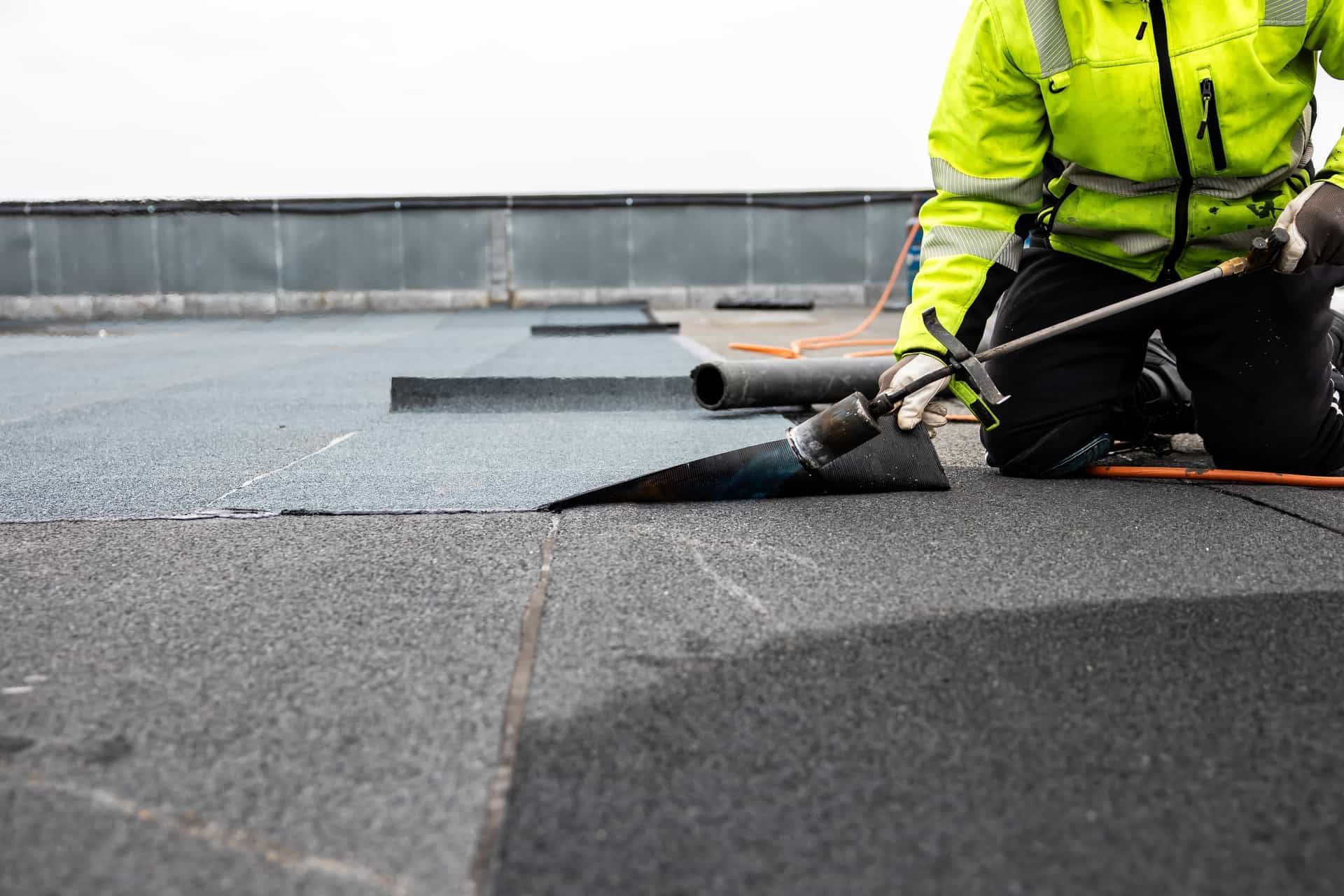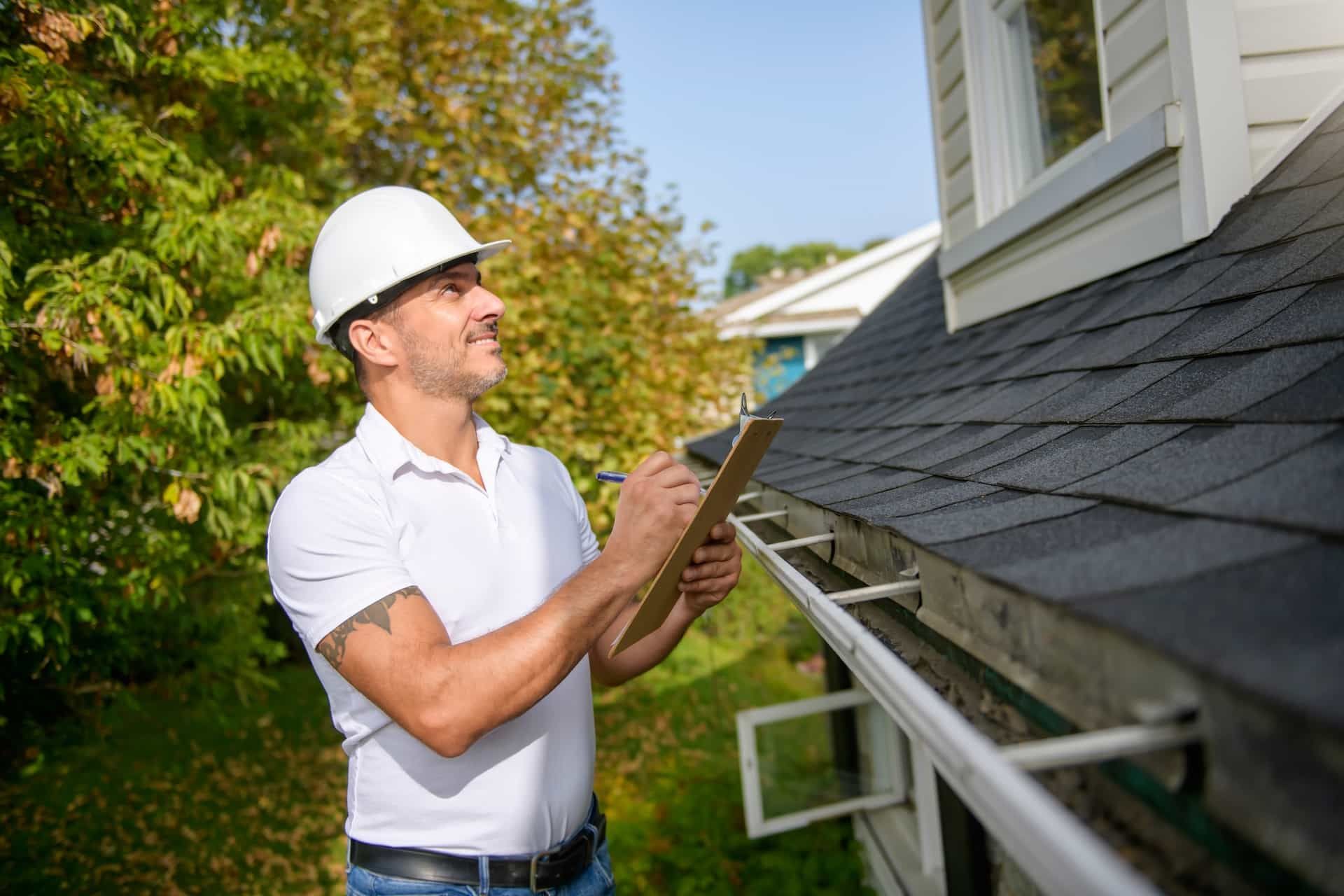How to Detect Allergens and Improve Your Indoor Air Quality
If you’ve started experiencing noticeable respiratory problems, have trouble sleeping, and your eyes feel irritated, you may have poor indoor air quality. This is a tough pill to swallow for many homeowners, especially those who are diligent about cleanliness.
However, allergens are invisible and often impossible to find without a dedicated
home allergen inspection.
So, let’s cover the basic information that will help you ascertain whether you need testing and ultimately, teach you how to improve your indoor air quality.
Do You Even Need to Test Your Air Quality?
For those experiencing respiratory problems, an environmental inspection or other testing may be necessary. We understand that no one wants to pay money for seemingly redundant services, but the fact of the matter is that indoor air quality has a direct impact on the health of your family and should be taken seriously.
If the results come back negative, you can rest easy knowing that your home is a healthy place. On the other hand, if you have allergens or other air quality issues, you can develop a clear strategy to solve the problem. Thus, you can eliminate those pesky health issues sooner rather than later.
Are there DIY allergen tests?
There are. Nonetheless, if you plan on using a mold or an allergen test to save a few bucks on professional indoor air quality testing, you’ll be taking a huge risk.
Granted, home allergen test kits are cheap and seem simple to use. Yet, they’re notoriously unreliable.
First, despite the marketing efforts to make DIY tests seem easy to administer, they’re not. For the lack of better terms, you’re not qualified to administer them and there is a high probability you’ll come up with unreliable results.
For the sake of argument, let’s say you purchase a
mold test and misread the instructions. The test comes back negative, so you go on about your day. You may quickly notice your respiratory health deteriorating, while excessive mold spores may lead to the development of a serious mold problem. A mold infestation can lead to extensive property damage but also pose a major health hazard.
All in all, gambling your health away to save a few bucks is just not worth it.
Why Schedule a Professional Indoor Air Quality Testing
Two reasons - extra value for your money and peace of mind. A professional home allergen inspection or an environmental inspection can pinpoint the presence of allergens and volatile organic compounds with precision.
For instance, at
Certified Inspectors, we provide homeowners with more than just surface samples. Our environmental inspection involves a visual assessment by a Certified Indoor Environmentalist (along with your run-of-the-mill samples), a thermal imaging scan of your home (to highlight any problem areas), and a detailed remediation protocol.
Furthermore, we conduct our home allergen inspection using cutting-edge technology, allowing us to confirm the presence of allergens and allergy triggers such as:
- Dust mites
- Cockroaches
- Mold
- RAT
- CAT
- Dog
All of the above can impact your
indoor air quality and lead to adverse health issues, which is why we recommend going with a professional service instead of relying on unreliable DIY tests purchased online.
How to improve your indoor air quality
Although in some cases (primarily with mold) professional remediation is the only way to mitigate the risks, you can keep your symptoms in check by working to improve the air quality in your home.
You may never be able to eliminate all the allergens, but you can certainly reduce the problem and minimize your exposure with just a few small adjustments. Here are some of the things you should try:
1. Clean Your Home More Often
While the easiest way to keep allergens in check is to remove your carpets, you can minimize their presence by vacuuming more frequently. We recommend vacuuming all carpets twice per week with a quality vacuum cleaner equipped with a HEPA filter.
Similarly, items such as drapes and beddings are notorious for attracting allergens. This is why you should regularly wash these materials in water heated to 130°F.
Otherwise, keep your home clutter-free and you’ll soon notice improvement in your respiratory issues.
2. Move Any Plants Outdoors
Who doesn’t love indoor plants? Despite the fact they release oxygen, indoor plants are a breeding ground for mold. So, if you have any, move them outdoors - your lungs will appreciate it.
3. Change Your Air Filter
A key contributor to poor indoor air quality is the HVAC system. Make sure to change the filters at least once every two months. You should also invest in a more expensive electrostatic filter as it collects airborne irritants and allergens instantly, making sure none of them end up recirculating back into your home.
We also recommend scheduling regular HVAC maintenance. Since air conditioners dehumidify indoor air, they’re essential for battling mold. Dirty air conditioner components can impede your unit’s ability to absorb moisture, so have your equipment cleaned annually to avoid a costly problem.
4. Buy an Air Purifier
An air purifier is a godsend, particularly if you have pets. Placing a device such as an ionic purifier in your main living area will capture many irritants responsible for triggering your allergies.
Naturally, you won’t be able to get rid of all allergens or mold spores in your indoor air. But an air purifier combined with other “allergen-destroying” practices will significantly lessen their impact on your health.
Healthy Air is Worth the Effort
Your family’s health should be a primary consideration when considering if you need to address the air quality in your home. Inspections we offer are a good start to find the source of your allergic reactions.
Furthermore, our home allergen inspection combined with a detailed environmental inspection can help you uncover bigger issues while they’re still in their infancy. This will help you get on top of the problem early in the process and save money in the long run.
Schedule an appointment by calling
(561) 570-6311 or
filling out our contact form - and remember, healthy air is worth the effort!
Disclaimer: The information on this website and blog is for general informational purposes only and is not professional advice. We make no guarantees of accuracy or completeness. We disclaim all liability for errors, omissions, or reliance on this content. Always consult a qualified professional for specific guidance.
Share the post:






